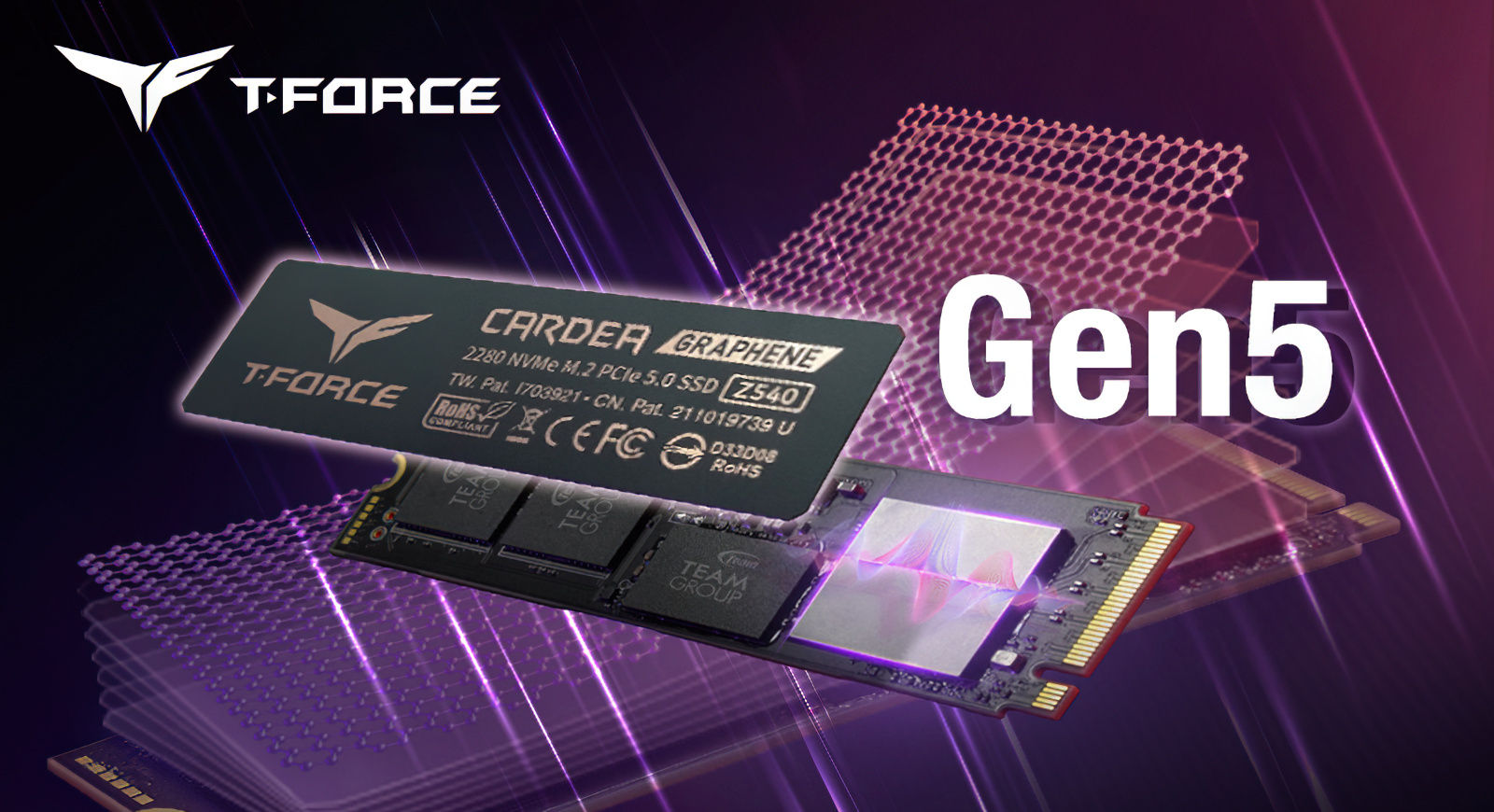World first gen5 drive for sale. Comes with a large heatsink and a 21000rpm fan
Last edited:
Even with Directstorage, I doubt there's much appreciable improvement over a Gen 3 or Gen 4 in that sense. It seems we need to wait for a Gen 5 that can be passively cooled (so a few more years out) before we can really make the most of it (when software has also caught up in making the most of it). So there's no real rush for anyone to grab it now.My board has one gen5 slot. Seems unless windows or direct storage ever make use of those speeds I'll never get any use of it?
It's not even any use copying files to another nvme in my system?
Why would we look down our noses at these dated drives if nothing can max them out?And no games likely ever will. A gen 3 NVMe loads directstorage assets in under 1 second (typically) - The only two demos we have to go by confirm this, the DS1.1 avocado bench, and DS1.0 in the game Forspoken. In these tests the load times are so close between gen 3 and gen 4 that it's not even worth talking about. Gen 5 isn't going to change that.
By the time DirectStorage is mainstream and used by every game, we will look at current SSDs and scoff our noses at how "dated" they are.



Yeah no thanks lol.
You will not notice the difference in gaming or day to day normal PC use between a gen 3, gen 4 and gen 5. All of these are so quick anyway that the difference you do notice will be in large file transfers and depending on specific use case scenarios, lots of small file writes/reads because the higher IOPS comes into its own. - But even then...
I plan on upgrading, or at least considering upgrading when 2TB Gen4 M.2 are under £100 or 4TB under £200
 )- It's no cheapo drive either, has DRAM cache, encryption etc. Anything cheaper won't have DRAM cache, and you do not want to buy a DRAMless NVMe as it will affect performance in basically everything.
)- It's no cheapo drive either, has DRAM cache, encryption etc. Anything cheaper won't have DRAM cache, and you do not want to buy a DRAMless NVMe as it will affect performance in basically everything.It really depends on the underlying tech used dram is great for masking the performance deficit on qlc drives not really needed so much on tlc drives.It's no cheapo drive either, has DRAM cache, encryption etc. Anything cheaper won't have DRAM cache, and you do not want to buy a DRAMless NVMe as it will affect performance in basically everything.
You mean like the Crucial P5 Plus 2TB which is currently £163? (close enough)- It's no cheapo drive either, has DRAM cache, encryption etc. Anything cheaper won't have DRAM cache, and you do not want to buy a DRAMless NVMe as it will affect performance in basically everything.


